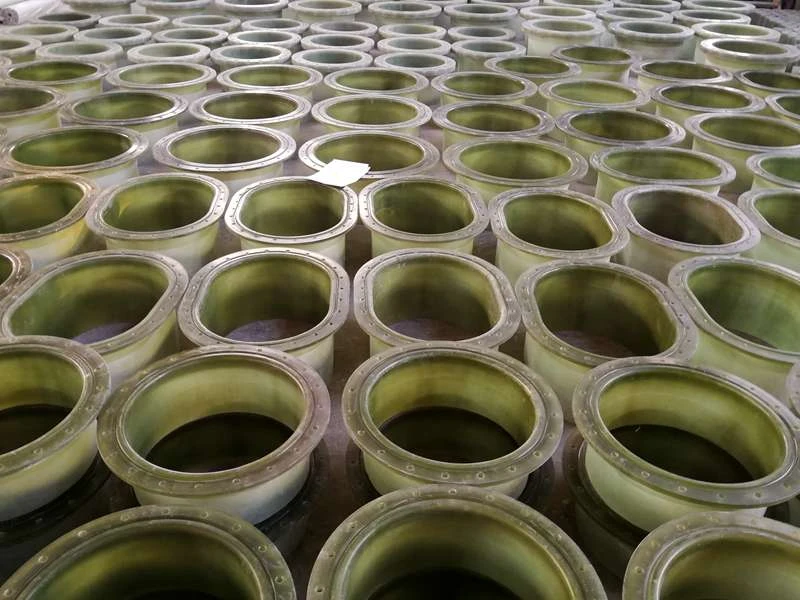
-
 Afrikaans
Afrikaans -
 Albanian
Albanian -
 Amharic
Amharic -
 Arabic
Arabic -
 Armenian
Armenian -
 Azerbaijani
Azerbaijani -
 Basque
Basque -
 Belarusian
Belarusian -
 Bengali
Bengali -
 Bosnian
Bosnian -
 Bulgarian
Bulgarian -
 Catalan
Catalan -
 Cebuano
Cebuano -
 China
China -
 China (Taiwan)
China (Taiwan) -
 Corsican
Corsican -
 Croatian
Croatian -
 Czech
Czech -
 Danish
Danish -
 Dutch
Dutch -
 English
English -
 Esperanto
Esperanto -
 Estonian
Estonian -
 Finnish
Finnish -
 French
French -
 Frisian
Frisian -
 Galician
Galician -
 Georgian
Georgian -
 German
German -
 Greek
Greek -
 Gujarati
Gujarati -
 Haitian Creole
Haitian Creole -
 hausa
hausa -
 hawaiian
hawaiian -
 Hebrew
Hebrew -
 Hindi
Hindi -
 Miao
Miao -
 Hungarian
Hungarian -
 Icelandic
Icelandic -
 igbo
igbo -
 Indonesian
Indonesian -
 irish
irish -
 Italian
Italian -
 Japanese
Japanese -
 Javanese
Javanese -
 Kannada
Kannada -
 kazakh
kazakh -
 Khmer
Khmer -
 Rwandese
Rwandese -
 Korean
Korean -
 Kurdish
Kurdish -
 Kyrgyz
Kyrgyz -
 Lao
Lao -
 Latin
Latin -
 Latvian
Latvian -
 Lithuanian
Lithuanian -
 Luxembourgish
Luxembourgish -
 Macedonian
Macedonian -
 Malgashi
Malgashi -
 Malay
Malay -
 Malayalam
Malayalam -
 Maltese
Maltese -
 Maori
Maori -
 Marathi
Marathi -
 Mongolian
Mongolian -
 Myanmar
Myanmar -
 Nepali
Nepali -
 Norwegian
Norwegian -
 Norwegian
Norwegian -
 Occitan
Occitan -
 Pashto
Pashto -
 Persian
Persian -
 Polish
Polish -
 Portuguese
Portuguese -
 Punjabi
Punjabi -
 Romanian
Romanian -
 Russian
Russian -
 Samoan
Samoan -
 Scottish Gaelic
Scottish Gaelic -
 Serbian
Serbian -
 Sesotho
Sesotho -
 Shona
Shona -
 Sindhi
Sindhi -
 Sinhala
Sinhala -
 Slovak
Slovak -
 Slovenian
Slovenian -
 Somali
Somali -
 Spanish
Spanish -
 Sundanese
Sundanese -
 Swahili
Swahili -
 Swedish
Swedish -
 Tagalog
Tagalog -
 Tajik
Tajik -
 Tamil
Tamil -
 Tatar
Tatar -
 Telugu
Telugu -
 Thai
Thai -
 Turkish
Turkish -
 Turkmen
Turkmen -
 Ukrainian
Ukrainian -
 Urdu
Urdu -
 Uighur
Uighur -
 Uzbek
Uzbek -
 Vietnamese
Vietnamese -
 Welsh
Welsh -
 Bantu
Bantu -
 Yiddish
Yiddish -
 Yoruba
Yoruba -
 Zulu
Zulu
frp fuel tank
Understanding FRP Fuel Tanks Advantages and Applications
FRP (Fiber Reinforced Polymer) fuel tanks have emerged as a popular choice in various industries due to their unique advantages over traditional fuel storage options. These tanks are constructed using a composite material that combines a polymer matrix with reinforcing fibers, offering exceptional strength, durability, and corrosion resistance. As the demand for efficient and reliable fuel storage solutions grows, understanding the benefits and applications of FRP fuel tanks is essential.
Advantages of FRP Fuel Tanks
1. Corrosion Resistance One of the primary advantages of FRP fuel tanks is their inherent resistance to corrosion. Unlike metal tanks, which can rust or degrade when exposed to various fuels and environmental conditions, FRP tanks can withstand chemical attacks without significant degradation. This property makes them ideal for long-term fuel storage, particularly in harsh environments where traditional materials might fail.
2. Lightweight Properties FRP materials are significantly lighter than their metal counterparts. This lightweight characteristic not only makes transportation and installation easier but also reduces the structural load on the foundations where the tanks are placed. Lower weight means reduced transportation costs and additional flexibility in design and installation setups.
3. Durability and Longevity FRP fuel tanks are designed to last. With resistance to UV radiation and weathering, they maintain their structural integrity over time, making them a reliable choice for outdoor installation. The lifespan of an FRP tank can exceed that of traditional tanks, providing excellent value for money in the long run.
4. Customizability FRP tanks can be manufactured in various shapes and sizes to meet specific project requirements. This customizability extends to the tank’s design, allowing for features like insulation or specific fittings tailored to the application. This level of adaptability is often not achievable with metal tanks, which are usually produced in standard sizes.
5. Environmental Considerations With growing environmental awareness, FRP tanks present a more eco-friendly option. Their resistance to leaching and the ability to be designed to minimize fugitive emissions contribute to a lower environmental impact. Additionally, many FRP products can be recycled at the end of their life cycle, aligning with sustainability goals.
Applications of FRP Fuel Tanks
frp fuel tank

FRP fuel tanks are increasingly being used across various sectors, including
1. Aerospace In the aerospace industry, weight savings are crucial. FRP fuel tanks are used in aircraft to store fuel efficiently while contributing to overall weight reduction, improving fuel efficiency and performance.
2. Maritime Ships and boats often utilize FRP tanks due to their resistance to saltwater and other corrosive substances. They provide reliable fuel storage solutions that can withstand the challenging marine environment.
3. Automotive The automotive industry has started to incorporate FRP materials for fuel storage in certain applications, particularly in high-performance or specialty vehicles where weight and space optimization are vital.
4. Industrial Applications Many industries that require bulk fuel storage, such as agriculture and construction, are turning to FRP tanks. Their durability and resistance to corrosion make them ideal for storing diesel and other fuels used on-site.
5. Renewable Energy As renewable energy sources gain prominence, FRP tanks are also being explored for the storage of biodiesel and other biofuels, given their compatibility with a wide range of chemical compositions.
Conclusion
FRP fuel tanks represent a significant advancement in fuel storage technology, addressing many of the challenges faced by traditional materials. Their corrosion resistance, lightweight properties, durability, customizability, and environmental benefits make them an attractive option for various applications. As industries continue to seek efficient and reliable fuel storage solutions, the role of FRP tanks is likely to expand, contributing to safer, more sustainable fuel management practices. Understanding these advantages allows businesses and consumers alike to make informed decisions regarding fuel storage options in an ever-evolving market.









